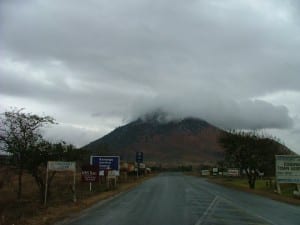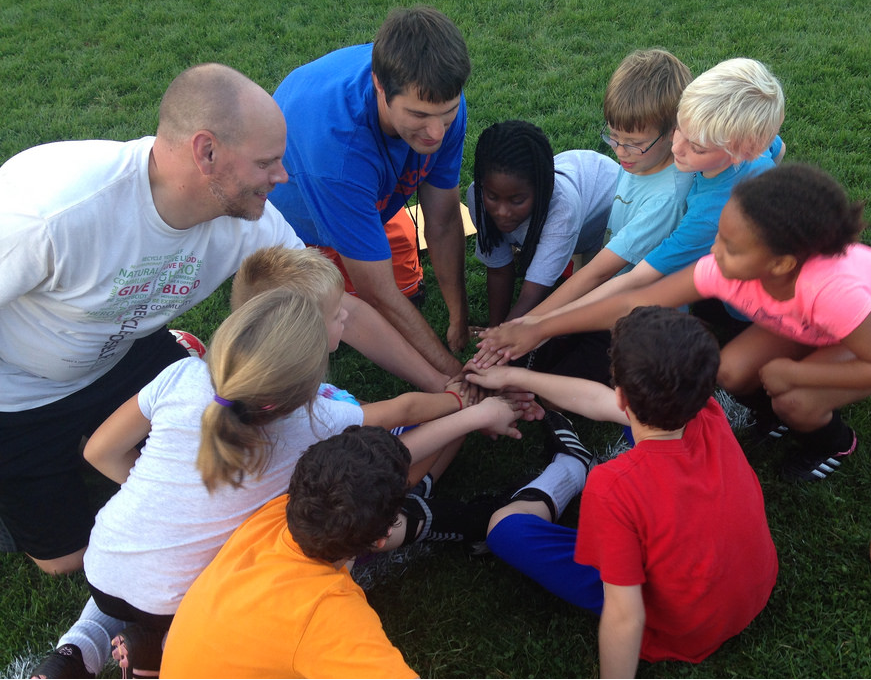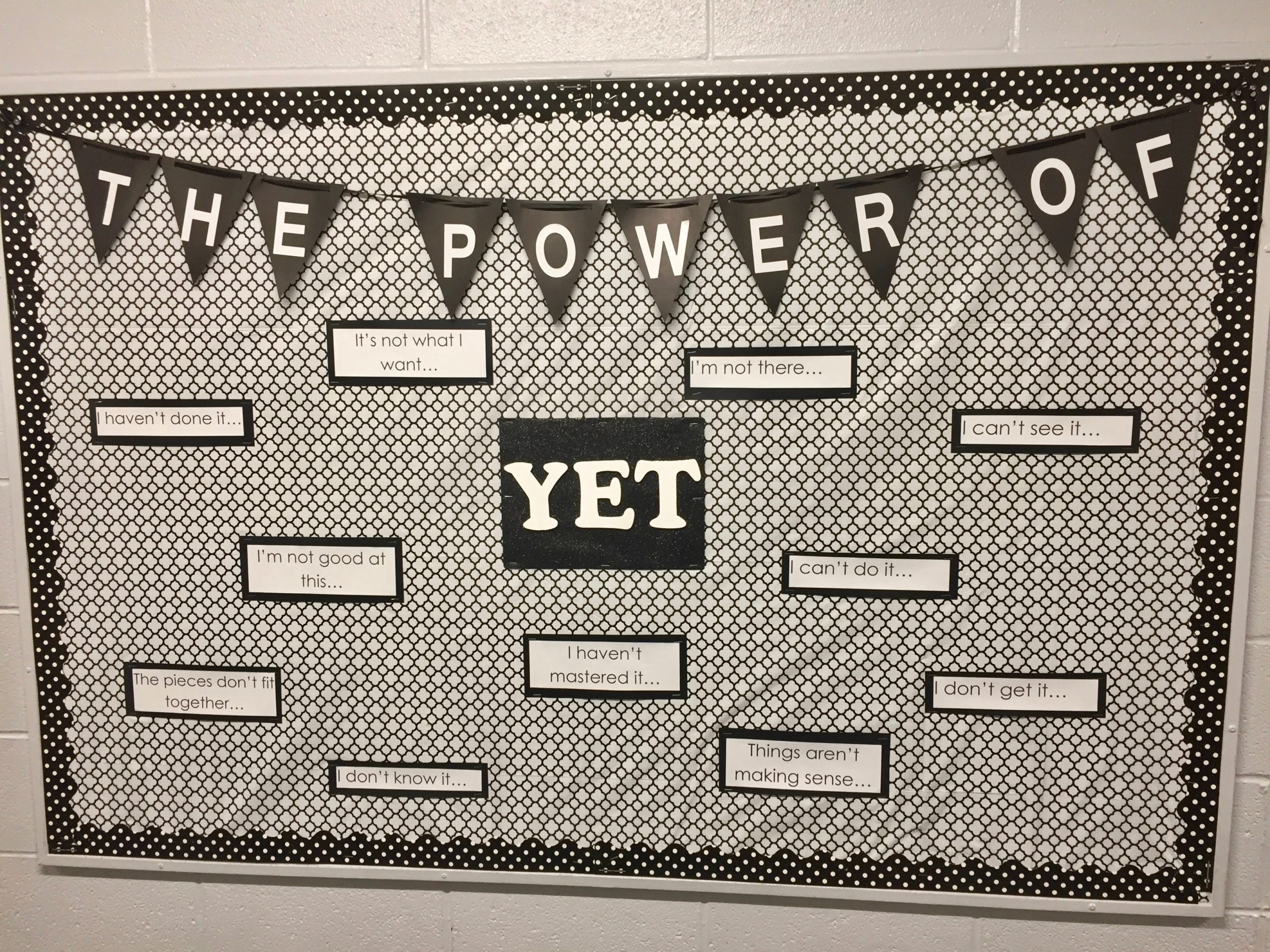 By Melanie Stonebanks and Sophie Bass
By Melanie Stonebanks and Sophie Bass
For four years now, my husband, Dr. Christopher Stonebanks, has been traveling in the late springtime to Malawi, fondly referred to as “The Warm Heart of Africa”. For five weeks out of the year he lives and learns in a small rural village that has no electricity or running water. During his time away from home he has laid out what we hope will be the foundation of a community that stretches across continents with a focus of collaboration and exchanges of knowledge. As a professor at Bishop’s University, he has created an opportunity for the students here to share in an exceptionally unique and life altering experience. As defined by the University’s Crossing Borders Research Cluster (http://www.borders.ubishops.ca/home.html),
“The Malawi Project invites Bishop’s University students to participate in a research based experiential learning, independent study or internship program in the Kasungu region of Malawi, Africa. While living in the rural village of Makupo, students from multidisciplinary backgrounds engage in creating and exploring their own research interests in conjunction with professors, peers and members of the Makupo community. The result of the five week experience is meant to encourage students to creatively expand their own borders of learning through a spirit of reciprocal participation and dialogue.”
Recently, I spoke to a student who was returning for a second time to Malawi and was delighted to discover that she was interested in blogging for the weeks she was going to be away. I was immediately intrigued by the focus of her upcoming research as she was going to be investigating, journaling and blogging about the life of a teacher in a Malawi classroom. Throughout the next few weeks, the LEARN blog will be posting her thoughts, conversations, reflections and perceptions along with some photographs depicting what life is like living and teaching in this particular context. (We are also eager to get some writing from the teacher himself!)
I hope you will find the postings informative, enriching and educational! What follows is Sophie’s first blog post. Enjoy!
******
My name is Sophie Bass. I am 21 years old and after four wonderful, life-changing years at Bishop’s University, I have received my Bachelor of Arts degree. Since Bishop’s University has become a second home to me, I have decided to return to Bishop’s next year to obtain my Bachelor of Education degree. As a small town girl (yes, like in the song Don’t Stop Believing by Journey) from Grand Falls, New Brunswick, Bishop’s proved to be an especially conducive environment for me. In fact, it is there that I had the privilege to meet a bunch of incredibly dynamic, caring, and socially active professors who challenged me to see the world through various lenses and to question the ways in which our world is structured. It is there that I was introduced to the Malawi Project…(pause for suspense).
The Malawi Project is an initiative started by Dr. Christopher Stonebanks, a respected professor at Bishop’s University. It is an interdisciplinary project functioning through the Crossing Borders Research Cluster. The project commenced in the summer of 2010, when the first group of Bishop’s students arrived in Malawi. While in Malawi, students perform research, broadening their knowledge and expertise in their own field of study while also immersing themselves in the Malawian culture and learning about the daily lives of the people. Since Malawi is amongst the top ten poorest countries of the world, students also learn a great deal about the dynamics of the world and the structures (such as globalization and free trade amongst others) that serve to benefit certain countries at the expense of others.
In addition to providing opportunities for students to perform field research and immerse themselves in a new culture, the Malawi Project is also committed to working collaboratively with villages in the Kasungu region of Malawi to help improve the quality of life of the people. The elders of these villages discuss and determine what it is that they need and then report to Dr. Stonebanks so that the participants of the Malawi Project can fundraise and seek donations in Canada to send to Malawi. The goal of the Malawi Project is not to impose its own set of values and beliefs; rather, the objective is to converse with the elders of the villages and contribute accordingly. To truly be of help, the Malawi Project realizes that the villages must make the decisions, for they know best what they need.
During the summer of 2011, I was fortunate enough to participate in the Malawi Project and go to Malawi for five weeks. Being an education student, I was interested in investigating the education system in Malawi. More specifically, since it is not uncommon for Malawian teachers to have from 50 to over 100 students in their classrooms, I decided to focus on how teachers coped with such large class sizes. In the spirit of reciprocity, I, as well as the other students, was paired with a member of the community. My “co-learner” was an incredibly brilliant and kind standard 8 (grade 8) teacher, Mr. Saka (this is a pseudonym – I shall not use his real name until I receive his consent). After many interesting conversations with Mr. Saka about the needs of the school and education in general, a new project was born and extended into the one that I shall undertake this summer.
In essence, my project this summer will involve chronicling my experience working and discussing with Mr. Saka via the LEARN blog. As a pre-service teacher, reflective practice is constantly emphasized and with good reason, for it contributes a great deal to our professional development. Therefore, the blog that I am commencing as of now will serve as a location to share my reflections. Moreover, I am hoping that this blog will open the public’s eyes to the situation in Malawi, specifically as it relates to the education system and the lives of the teachers. I am also hoping that this blog will start conversations amongst educators and will bridge the gap between teachers in Malawi and teachers in Canada. I wish that this blog could help create partnerships, a sense of community, and a sense of solidarity between schools. I truly believe that it is the commitment to helping both our local and global community that will change the world. Finally, by reflecting, via this blog, on the experiences of the teachers in the Kasungu region of Malawi, I am seeking to give voice to these teachers so that their stories can be heard. Mr. Saka will be reading over each blog before it is posted to ensure that all the information is accurate and to give his input. I am hoping that he will write a few blogs too so that you, the readers, can receive an insider’s report on the education system in Malawi.
Alas, my first blog is concluded! I will be in Malawi on June 1st, 2012. Thus, you can expect to hear (or shall I say read) from me again real soon! Until then, I wish you all the best.
Sophie Bass
***
Another blog about a teacher’s experience in Malawi – http://postcardswithoutpostage.wordpress.com/malawi/





I am looking forward to hearing more about your visit – particularly because this is your second round. You can observe with more knowledgeable eyes. Your sharing will open our eyes – those of us who do not have the opportunity to immerse ourselves in other cultures. It is only through getting to know people and hearing their stories that we can truly appreciate their realities – both the positives we can learn from them and the obstacles they face. It is through personal stories that we all learn best.